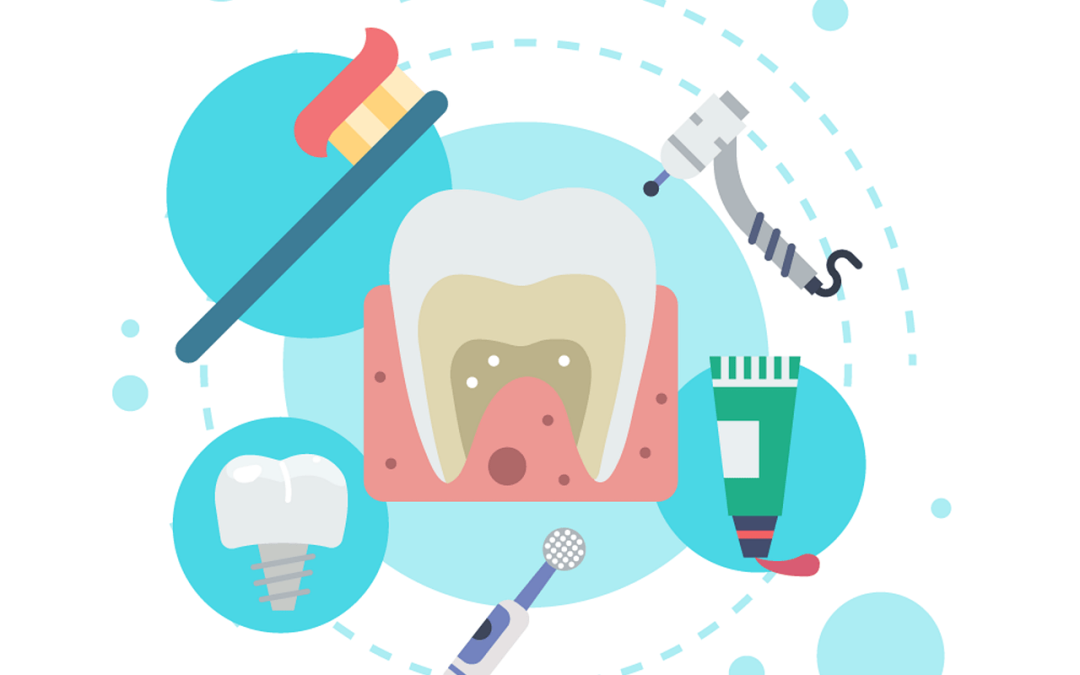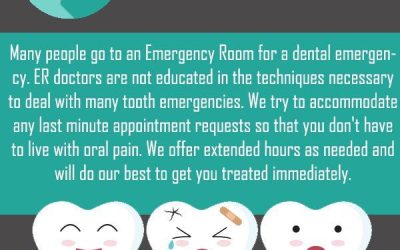So, your child came to you in tears, complaining of a severe toothache. Panic sets in as you wonder what to do to ease their pain and bring them some relief. Don’t worry, you’re not alone in this dilemma. Toothaches in children can be quite common, but knowing how to handle the situation can make all the difference. In this article, we’ll discuss some steps you can take to help alleviate your child’s discomfort and provide them with the care they need.
Assess the severity of the toothache
When your child complains of a severe toothache, it’s important to first assess the severity of the pain. Take the time to observe your child’s behavior and see if they are showing any signs of discomfort. Are they irritable, avoiding food, or having trouble sleeping? These could all be indications of a toothache.
Next, ask your child about the intensity and location of the pain. Are they experiencing a sharp, shooting pain or a dull ache? Is it localized to one specific tooth or is it radiating to other areas? Gathering this information will help you determine the best course of action in providing relief for your child.
Finally, look for any visible signs of dental problems. Check your child’s teeth and gums to see if there are any signs of decay, swelling, or redness. If you notice any of these signs, it’s important to contact a pediatric dentist as soon as possible.
Immediate actions to provide relief
After assessing the severity of the toothache, there are some immediate actions you can take to provide your child with some relief. First, you can offer them pain medication such as children’s ibuprofen or acetaminophen. Be sure to follow the recommended dosage for your child’s age and weight.
Applying a cold compress to the affected area can also help alleviate the pain. This can be done by placing a cold pack or a bag of frozen vegetables wrapped in a cloth against the cheek near the toothache. The cold temperature can numb the area and reduce swelling.
Another option is to have your child rinse their mouth with a warm saltwater solution. Mix half a teaspoon of salt with eight ounces of warm water and have your child swish it around in their mouth for about 30 seconds before spitting it out. This can help reduce inflammation and provide temporary relief.
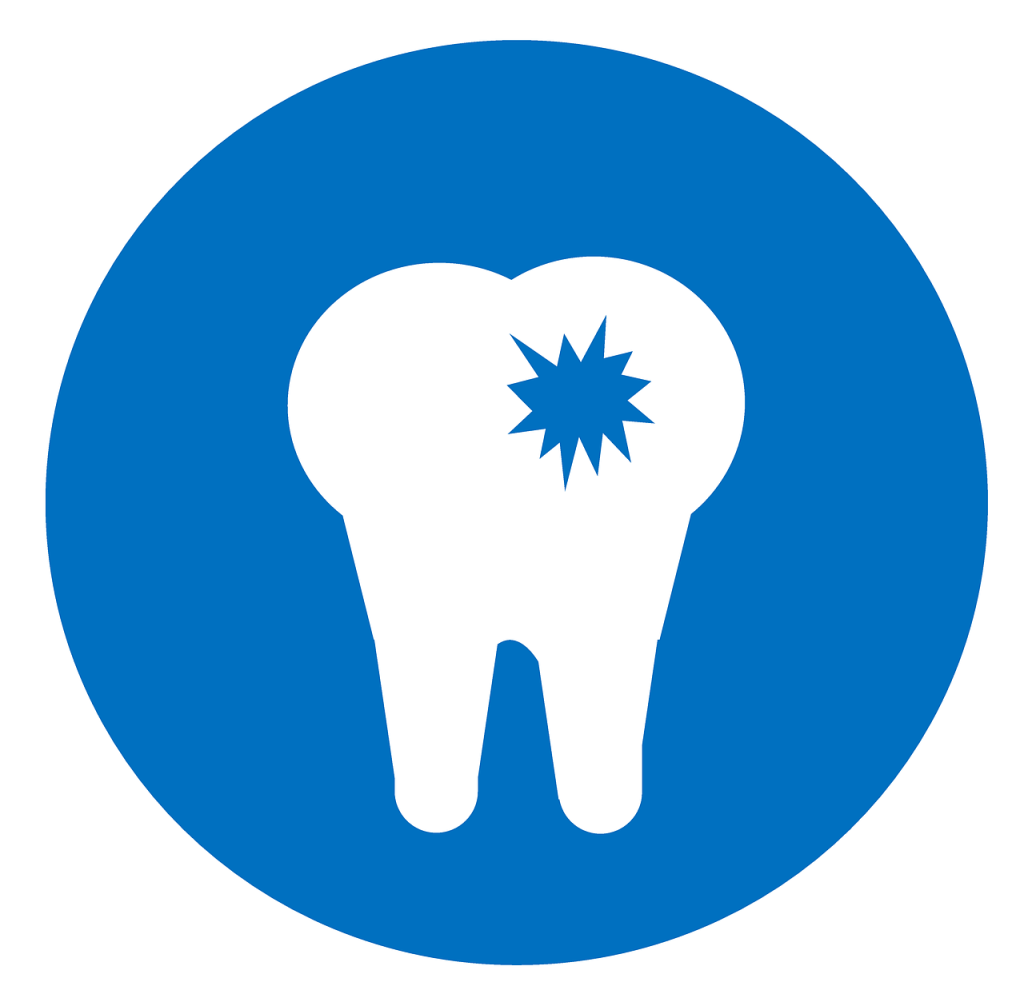
Contact a pediatric dentist
While providing immediate relief is important, it’s crucial to contact a pediatric dentist to address the underlying cause of your child’s severe toothache. Take the time to research and find a reputable pediatric dentist in your area who specializes in treating children.
When contacting the pediatric dentist, explain the situation and the severity of your child’s toothache. They will likely ask you some questions to gather more information and determine the urgency of the situation. Based on their assessment, they will schedule an appointment for your child.
Inquire about emergency dental services when speaking with the pediatric dentist. Toothaches can sometimes require immediate attention, especially if they are accompanied by swelling, fever, or difficulty breathing. Knowing the availability of emergency dental services will give you peace of mind in case the situation worsens.
Preparing for the dentist visit
Before heading to the dentist, there are a few things you can do to prepare your child for the visit. Encourage good oral hygiene practices by reminding them to brush their teeth twice a day and floss daily. Proper oral hygiene can help prevent future toothaches and dental problems.
Ask your child to describe the pain accurately. Their description can help the dentist diagnose the problem more effectively. Encourage them to explain the type of pain, its duration, and any triggers or alleviating factors they may have noticed. This information will assist the dentist in determining the most appropriate treatment.
Prepare a list of questions to ask the dentist during the visit. These questions may include inquiries about the cause of the toothache, the recommended treatment options, and any potential side effects or complications. Being well-informed will enable you to make informed decisions for your child’s oral health.
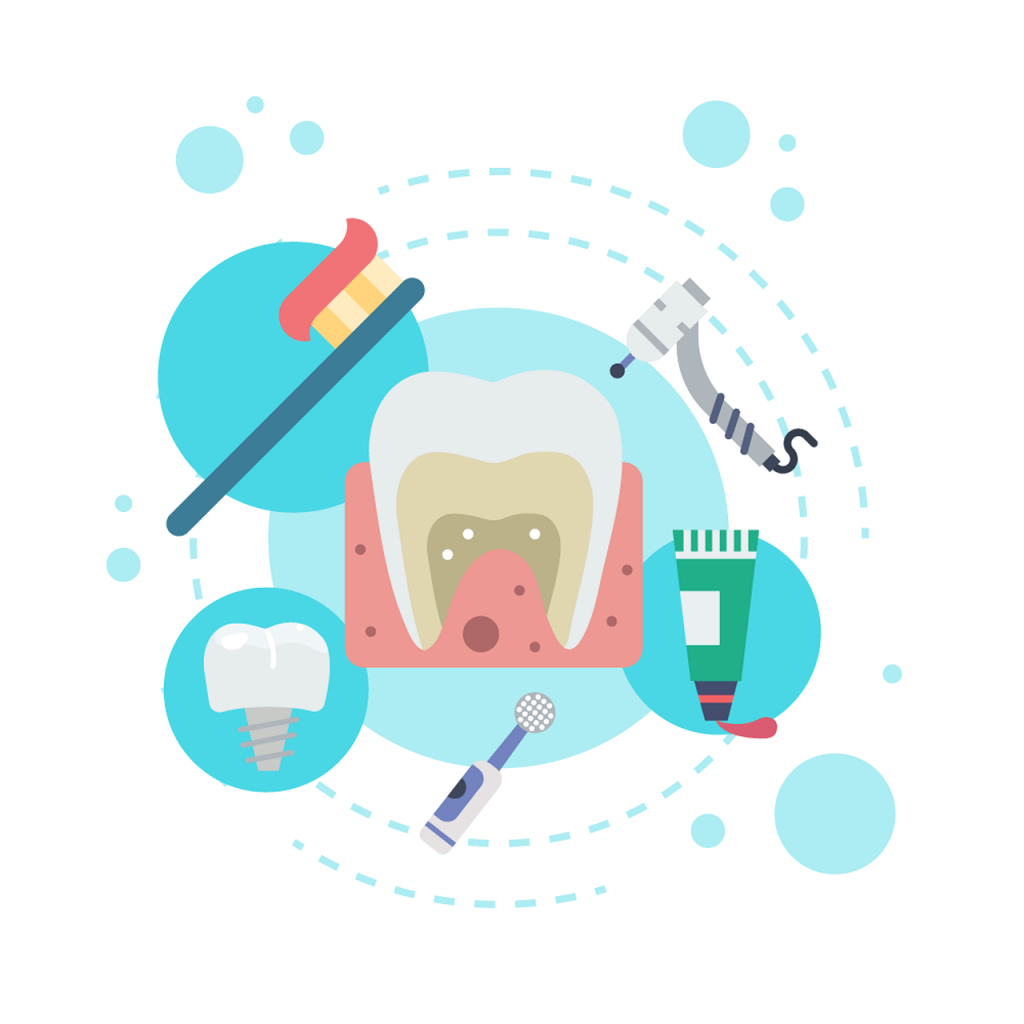
What to expect at the dentist’s office
When you arrive at the dentist’s office, the initial examination and assessment will take place. The dentist will visually inspect your child’s teeth and gums, looking for any signs of decay or infection. They may gently touch areas of the mouth to identify the source and extent of the pain.
In some cases, the dentist may request X-rays or other diagnostic tests to get a better understanding of the toothache’s underlying cause. X-rays can reveal problems that are not visible to the naked eye, such as decay between the teeth or issues beneath the gum line.
Following the examination and diagnostic tests, the dentist will discuss the treatment options with you. They will explain the pros and cons of each option and recommend the most appropriate course of action based on your child’s specific situation. Be sure to ask any questions you may have and voice any concerns before making a decision.
Treatment options for a severe toothache
The treatment for a severe toothache will depend on the underlying cause and the severity of the issue. In some cases, a tooth extraction may be necessary if the tooth is extensively decayed or damaged. The dentist will carefully remove the tooth to alleviate the pain and prevent further complications.
Root canal therapy may be recommended if the toothache is caused by an infected or inflamed dental pulp. During this procedure, the pulp is removed, and the tooth is cleaned and sealed to preserve its structure.
For less severe cases, dental fillings or crowns may be sufficient. Dental fillings are used to repair cavities, while crowns are placed over damaged teeth to restore their strength and appearance.
The dentist will discuss the treatment options with you and help you make the best decision for your child’s oral health.
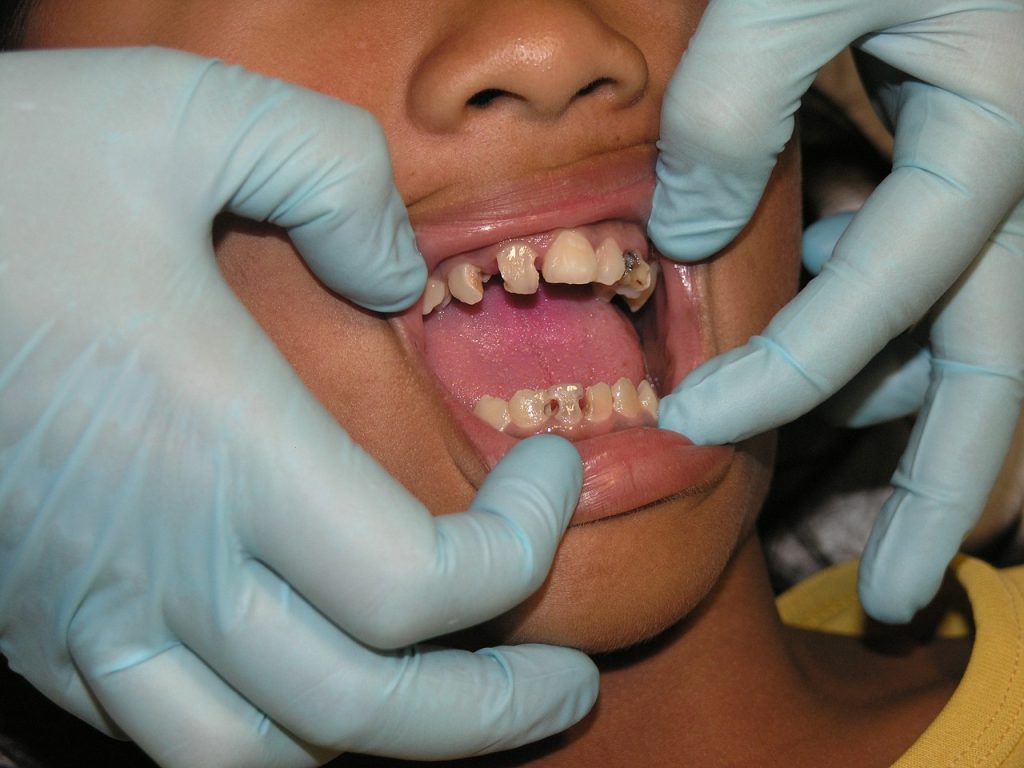
Prevention and oral hygiene practices
Prevention is key to avoiding future toothaches and dental problems. Encourage your child to practice regular brushing and flossing habits. Brushing their teeth twice a day for two minutes and flossing daily will remove plaque and bacteria, keeping their teeth and gums healthy.
Limiting sugary foods and drinks can also help prevent tooth decay. Sugars can contribute to the formation of plaque, which can lead to cavities. Encourage your child to choose healthier snack options and drink plenty of water instead of sugary beverages.
Regular dental check-ups are essential for maintaining good oral health. Schedule visits to the pediatric dentist every six months for routine cleanings and examinations. These visits allow the dentist to identify and address any potential issues before they become severe.
Home remedies and temporary relief
While waiting for the dentist appointment, there are some home remedies and temporary relief measures you can try to alleviate your child’s toothache. Cloves or clove oil have natural numbing properties. You can apply a small amount of clove oil to a cotton ball and have your child gently bite down on it near the affected tooth. Alternatively, placing a whole clove on the affected area can provide temporary relief.
Over-the-counter dental numbing gels can also be effective in reducing pain. These gels contain a local anesthetic that temporarily numbs the area. Apply a small amount of the gel to the affected tooth or gums according to the product’s instructions.
It’s advisable to avoid extremely cold or hot foods, as they can exacerbate the pain. Stick to room temperature or lukewarm foods and beverages until your child’s toothache is resolved.
Managing anxiety and fear
Many children experience anxiety and fear when visiting the dentist. It’s important to comfort and reassure your child throughout the entire process. Explain the dental procedures in a child-friendly manner, emphasizing that the dentist’s goal is to help them feel better.
Consideration of sedation options may be necessary for children who have extreme anxiety or difficulty sitting still during dental procedures. Discuss this option with the pediatric dentist to determine if it is suitable for your child.
Follow-up and long-term care
After the initial dentist visit, it’s crucial to schedule follow-up appointments as recommended by the dentist. These appointments will ensure that the treatment plan is progressing as expected and that any concerns or complications are addressed promptly.
If you have any concerns or notice any complications, such as increased pain or swelling, contact the pediatric dentist’s office right away. They will provide guidance and arrange an appointment if necessary.
To maintain good oral health, continue to encourage your child to practice good oral hygiene habits. Remind them to brush their teeth, floss regularly, and limit sugary foods and drinks. By instilling these habits early on, you can help prevent future toothaches and promote a lifetime of healthy teeth and gums.

